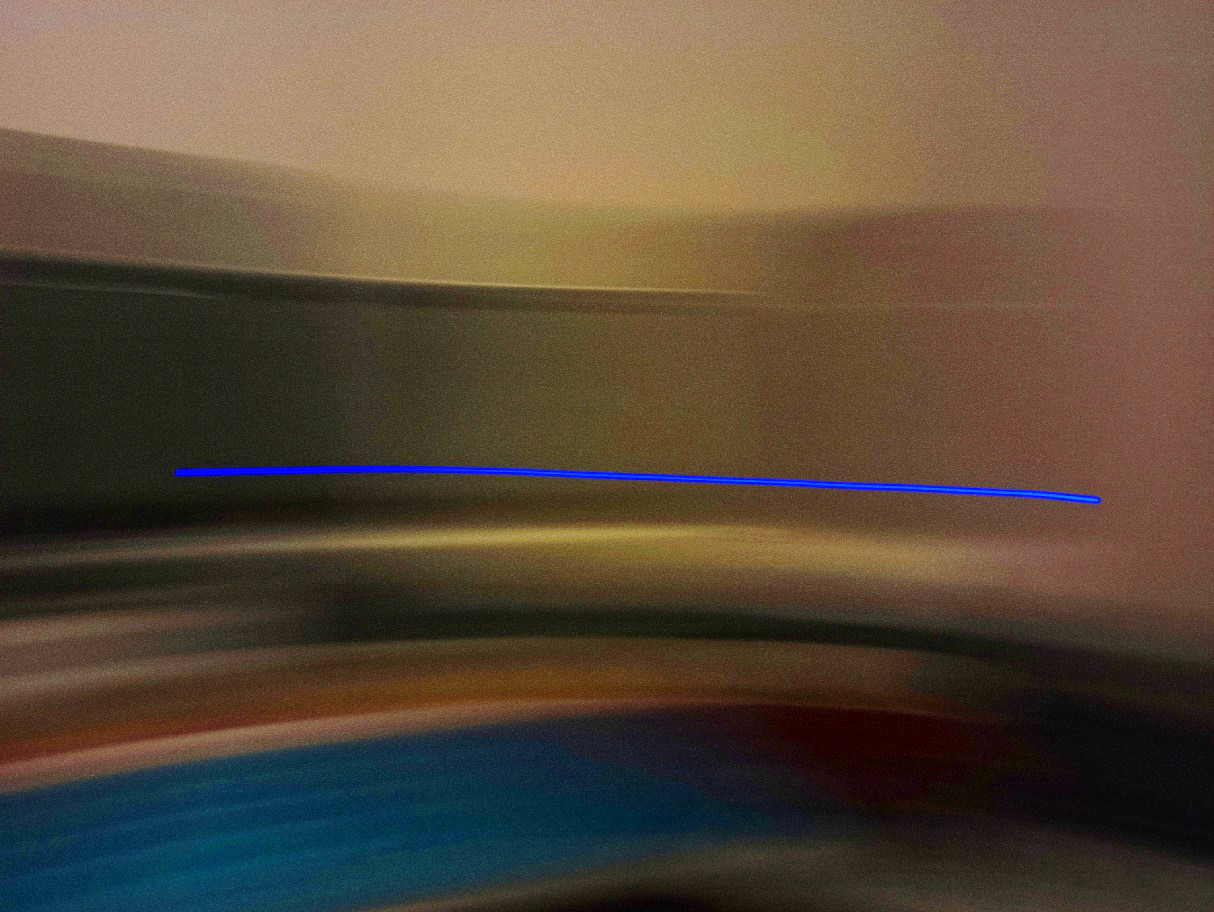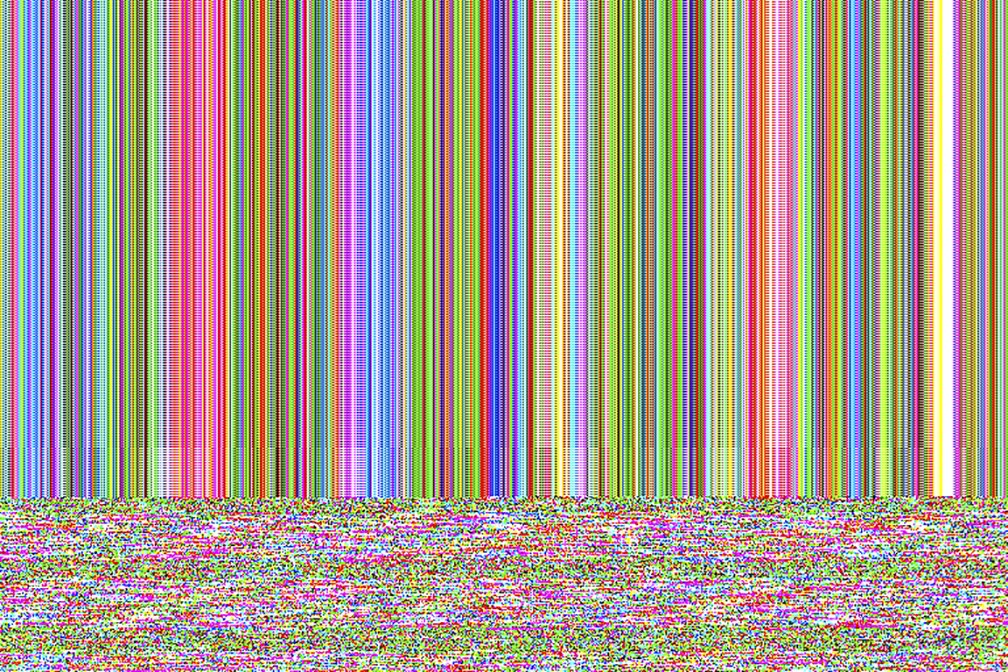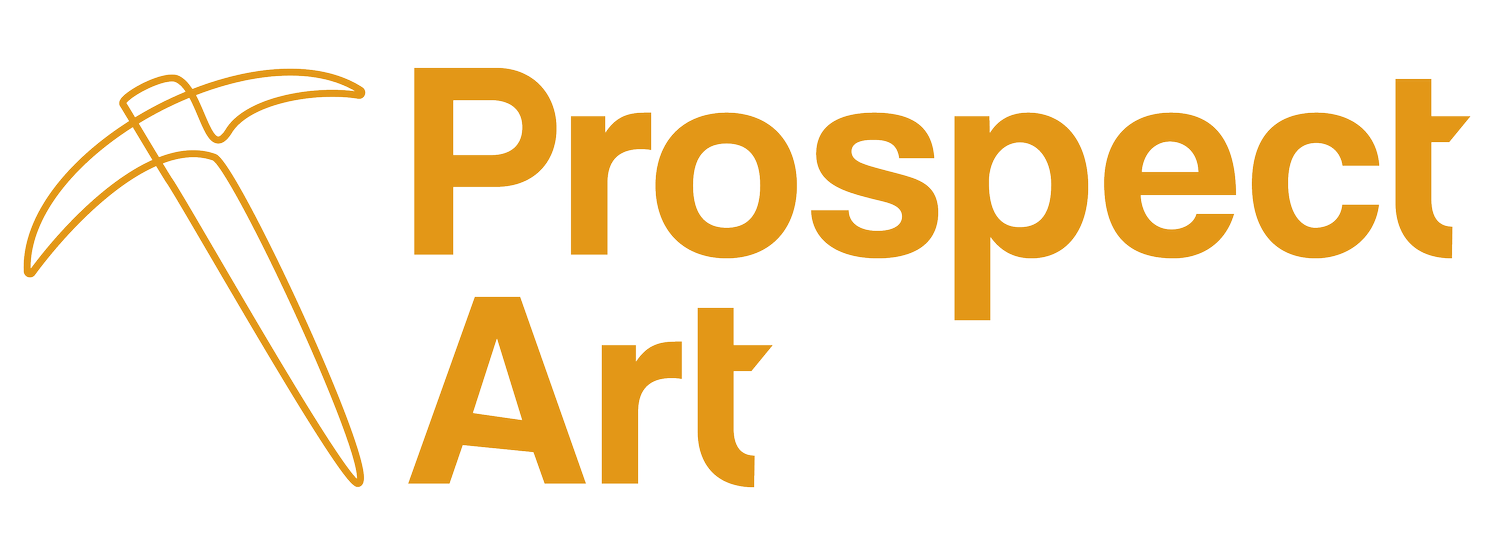


Luca Spano - Summer 2021 NEW WORK grantee
Luca Spano is a multidisciplinary Italian artist. His research focuses on the components of the image’s architecture, exploring their behaviors, uses and materiality in relation to the socio-anthropological dynamics of our society. Within this framework, recurring topics of his work are representation, knowledge construction and colonialism. His practice moves between photo-based works, installations and sculptural artifacts
" We live in a world where images come before reality, where the physicality of the world resides in the image’s matter. But what happens when an image falls apart? Does it mean a piece of reality is getting lost? Is mutating? Where does the correspondence between metadata and image reside? On its surface? In its inner structure? In the consciousness of the viewer?
The Corrupted Archive aims to create an archive of corrupted images, focusing on the point where the digital file collapses, altering its structure and perceived presence. It explores the overlapping nature of the signified and the absence of its visual signifier, with the friction created by the coexistence of these dichotomic states.
The project is planned in the form of an accessible website, that allows the audience to browse, download and use any content for free. The audience can also participate in the construction of the archive by submitting their images.
The project doesn’t have a predetermined outcome, on the contrary, it wants to be a generative matrix for the development of different outcomes. The material will be the resource for the creation of artworks by other practitioners. After the lunch of the website, artists will be invited to interact with the contents and structure of the collection. The aim is the creation of a multiplicity of interventions, practices and thinking processes.
Within this frame, The Corrupted Archive becomes an experimental platform that reformulates itself through an unfixed participative rethinking and remaking. It questions key concepts about our society such as truth, agency, reality. It is a tool to play with the traditional role of the archives as custodians of static culture, confronting the relationship between content, structure and creator. "
-- Luca Spano
